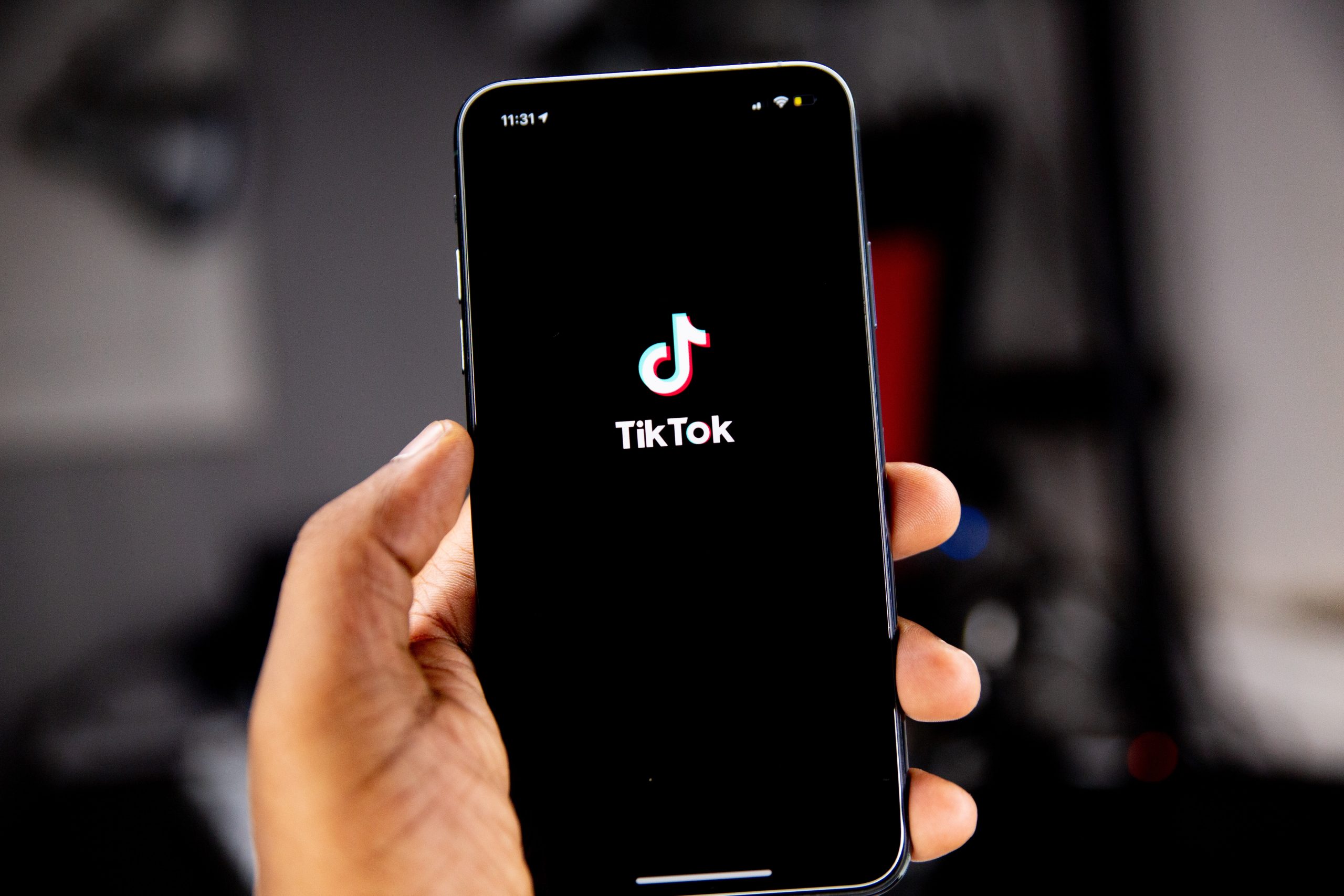The CEO of TikTok spoke before a US congressional committee in late March to defend the social media service against a potential ban. He answered questions from both Democrats and Republicans for more than five hours regarding TikTok's privacy policies, its connections to its parent firm ByteDance, and other topics.
The U.S. Restrict Act was soon after submitted as a proposed law. If passed into law, the Act would make it simpler for the government to impose bans on technology if they are thought to pose a security risk. While TikTok is a well-known example, it's likely that other applications might also get the ax. Here are some well-known applications that can be restricted or banned in the United States owing to privacy and security issues.
5 applications that the US could block
If TikTok were to be banned, the US may examine other applications with the same privacy issues. Here are a few examples.
WeChat
Tencent created the messaging, social networking, and payment app known as WeChat.
In late 2020, the super app had roughly 19 million users in the United States, according to Apptopia, an analytics company that specializes in social media applications. WeChat is probably used more often than other messaging applications by Americans to interact with those living abroad or by newcomers to the country? For certain people, it may also be a reliable source of news, as Wired noted when a shooting occurred at a Shanghainese restaurant in Las Vegas' Chinatown.
Donald Trump, the former president of the United States, issued an executive order banning transactions with eight payment apps in 2020, including WeChat, on the grounds that they pose a danger to national security. U.S. Magistrate Judge Laurel Beeler, however, disallowed the order, stating that further proof of the applications' security risks was required.
CapCut
ByteDance, the parent company of TikTok, created the video-editing tool CapCut. Both a standalone version of CapCut and a TikTok interface are available. CapCut's editing features and music collection are really used by users who edit their movies natively on TikTok.
CapCut reportedly reached a milestone of 200 million monthly active users earlier this month. CapCut's future is unknown, but considering its parent corporation, it is logical to infer that the app may also be under scrutiny.
Shein
Shein is an online shop that sells fast-fashion items such as inexpensive clothing, accessories, and cosmetics. The United States, followed by Brazil and Mexico, is one of Shein's top markets, according to statistics from Business of Apps. The corporation is associated with several scandals, despite the fact that there haven't been many conversations concerning the brand's data collecting and privacy.
Most recently, a group called Shut Down Shein was formed to inform Americans about the fashion label and its alleged shady operations.
Temu
Temu is an internet store that offers common things at reasonable pricing. The e-commerce site is based in the US and is a division of PDD Holdings, which also owns Pinduoduo, a well-known shopping app that has drawn criticism for having snooping features. Temu has had over 24 million downloads since its inception in September 2022, making it one of the most popular applications in the country.
Google Play stopped Pinduoduo earlier this month after discovering that copies of the software sold outside of its app store included malware. Temu is still accessible for download in the United States, although it could be investigated.
AliExpress
Similar to Temu and Shein, AliExpress is a well-known online store in the United States for its inexpensive goods. According to Statista, the Alibaba Group-owned online retail behemoth receives more than 2.7 billion visits from around the globe each month.
AliExpress and eBay have been contrasted in the US. The site was added to the Office of the United States Trade Representative's list of notorious marketplaces for counterfeiting and piracy in 2022. Taobao, Baidu, DHGate.com, WeChat, and other applications are also on the list.


